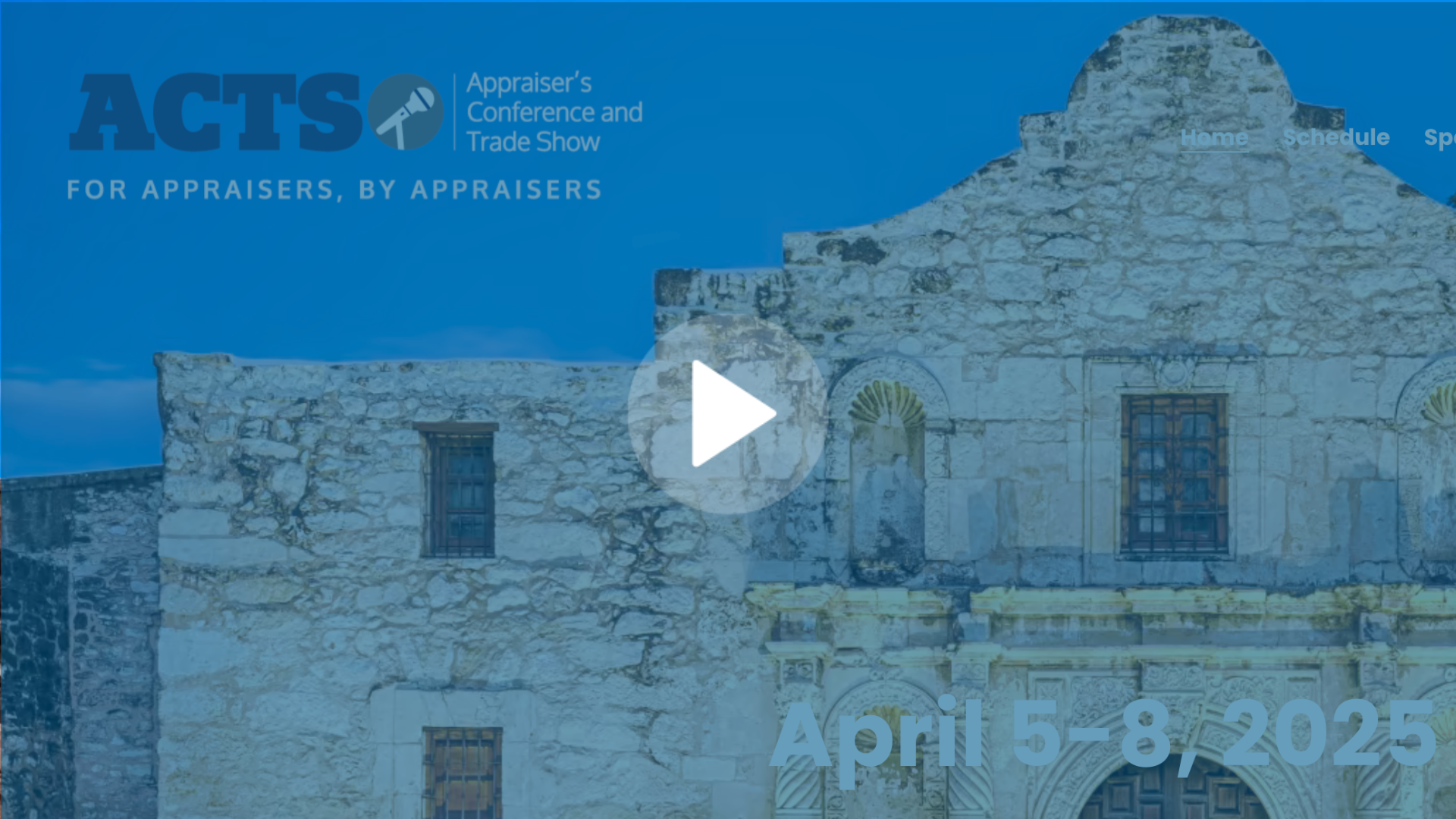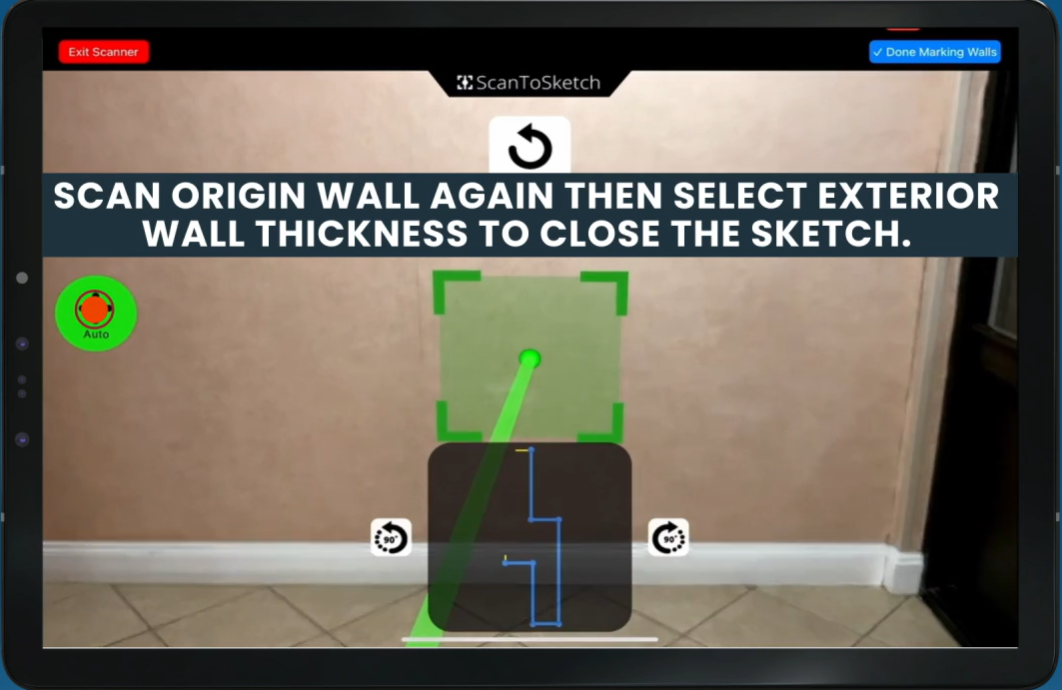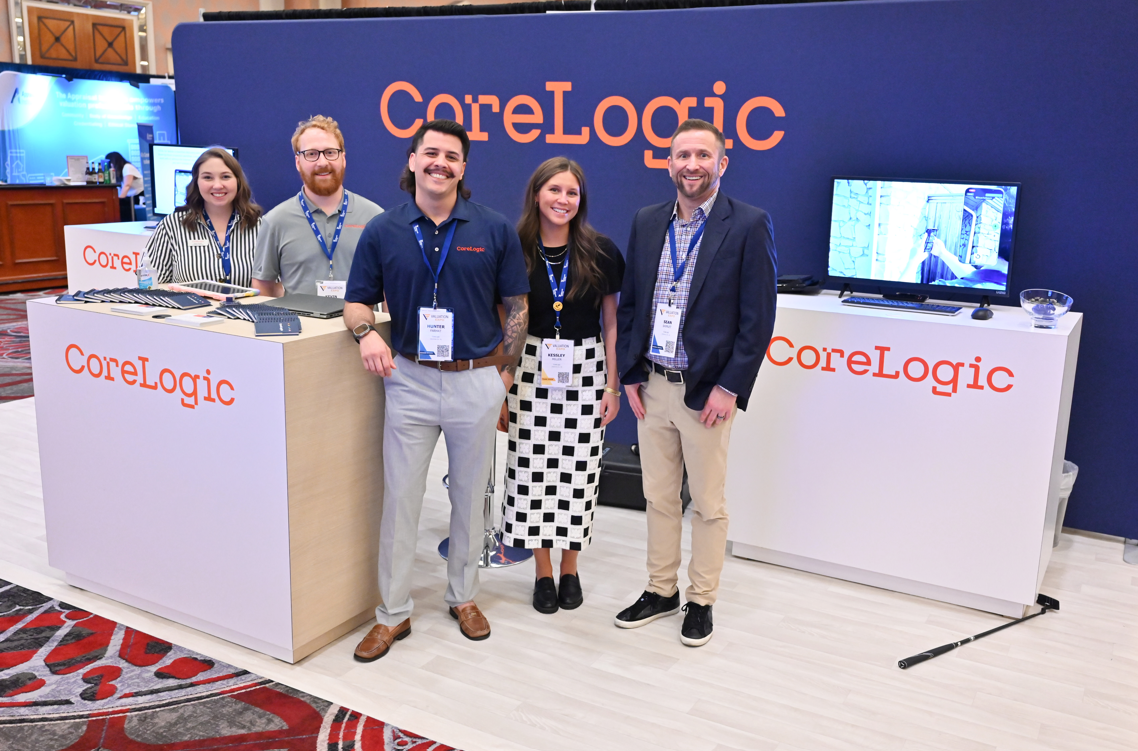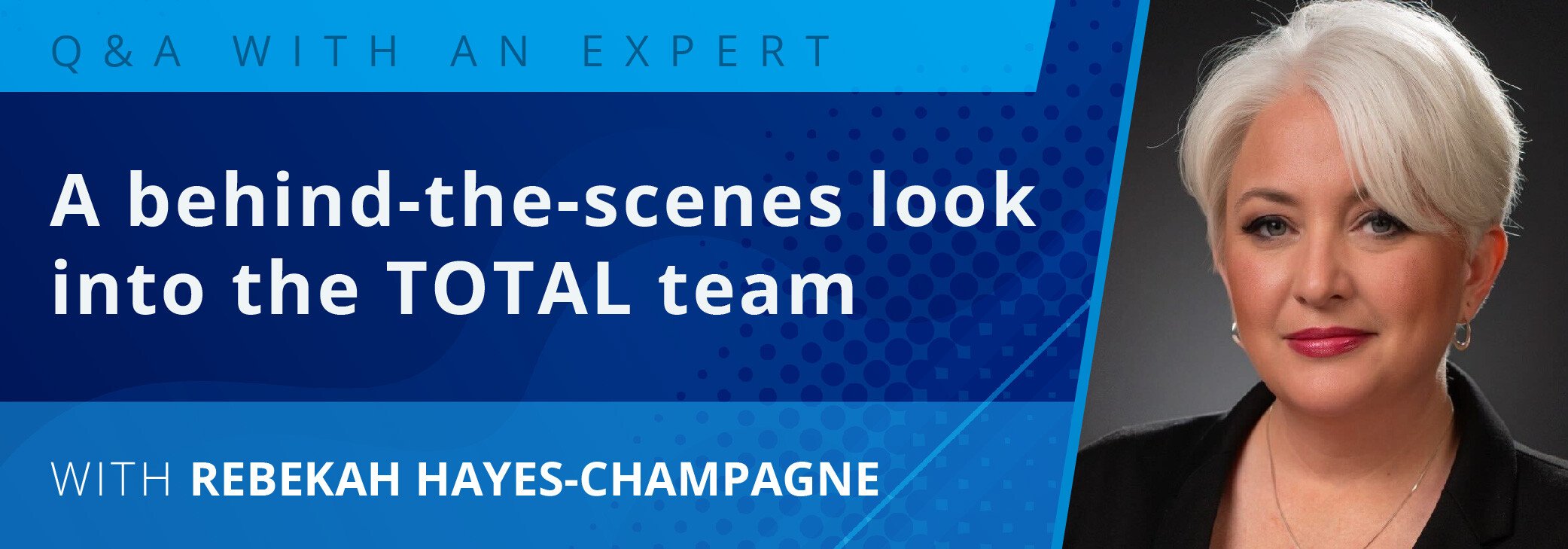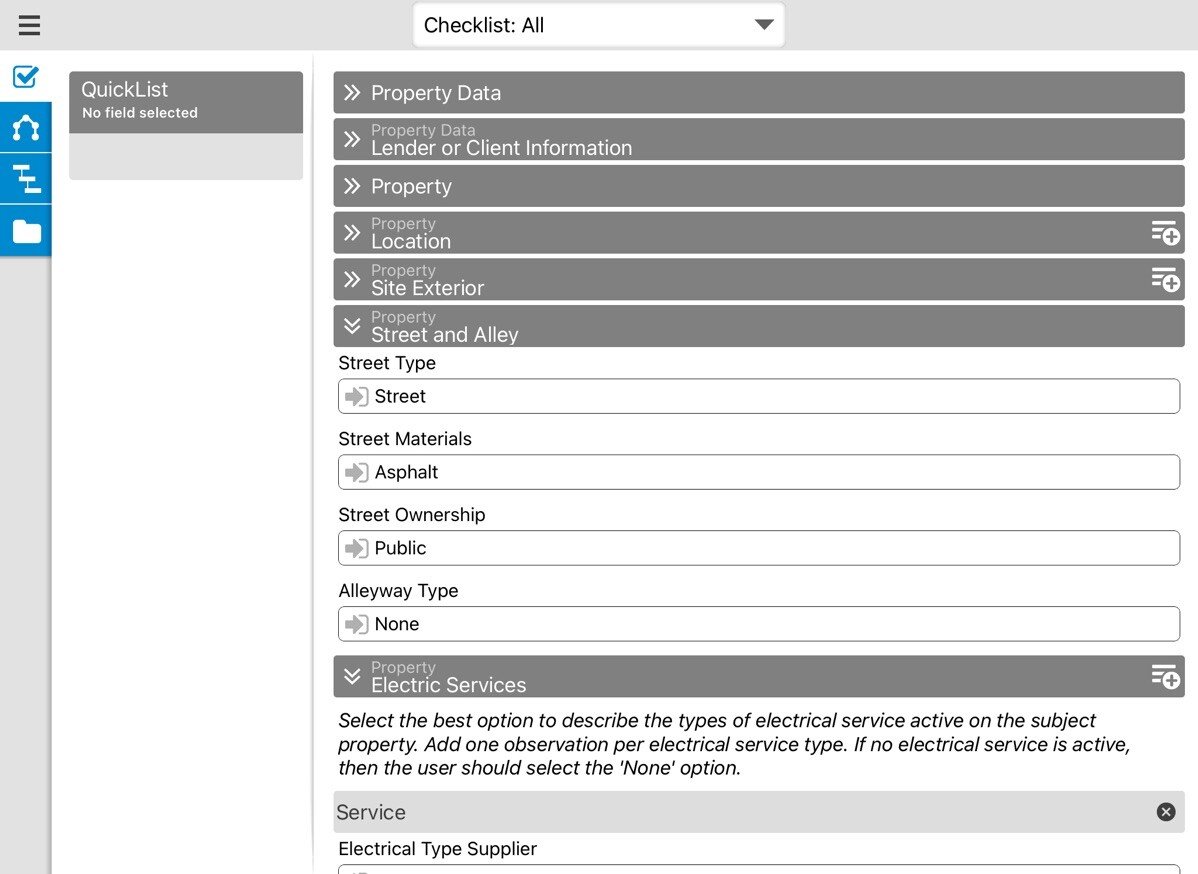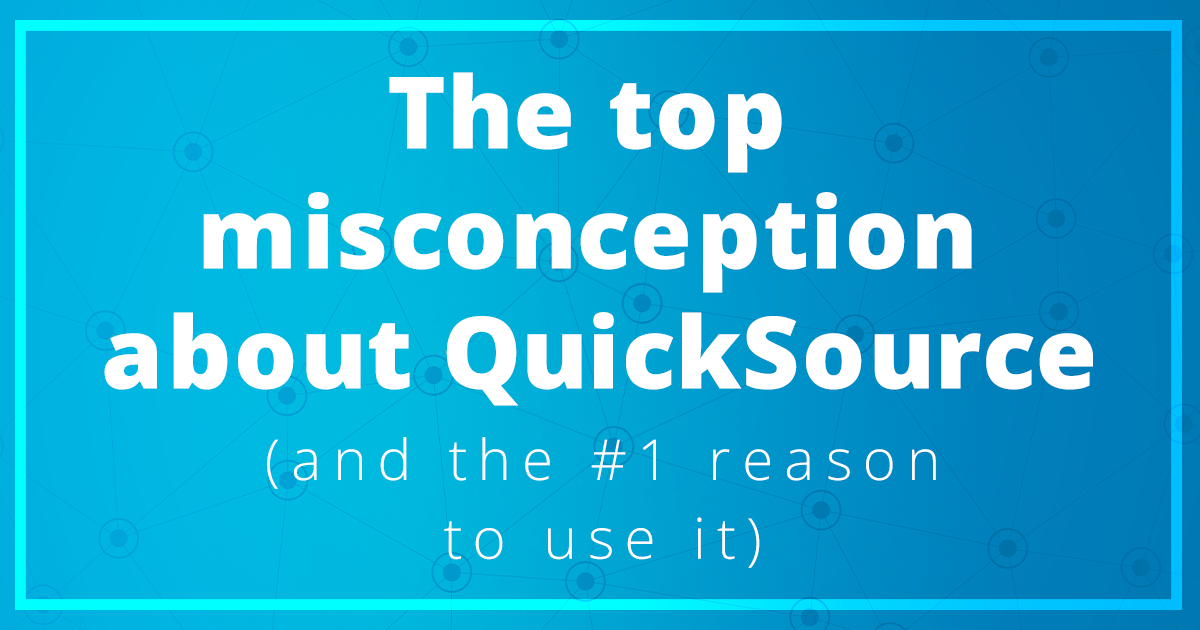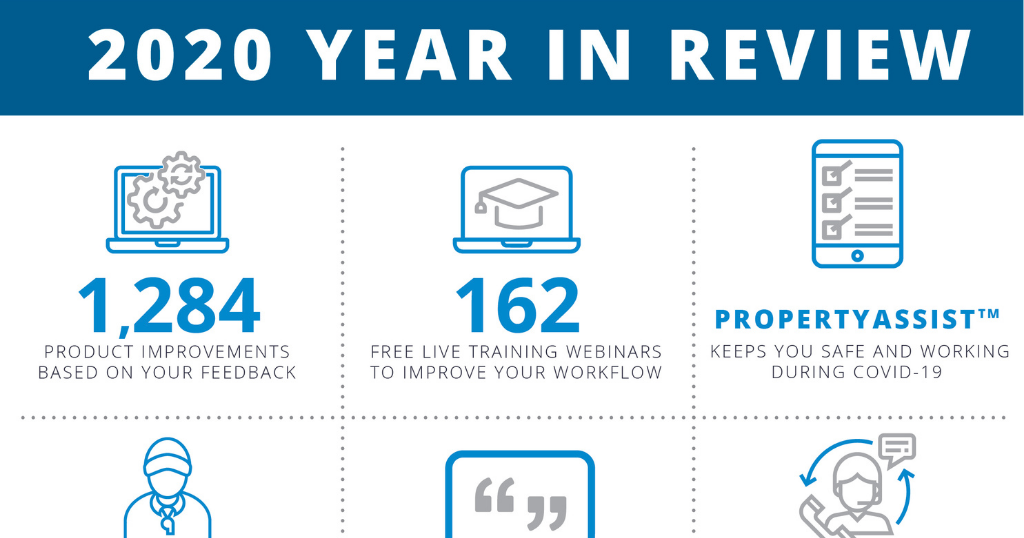Tim Vining, a commercial/agricultural appraiser from eastern Washington state, won a historical victory in court last month. Since we at a la mode began telling you that your work product, including your appraisal reports, is your intellectual property, we’ve (and you’ve) heard all sorts of arguments why you can’t copyright your work. We — and intellectual property experts, and attorneys for the U.S. Copyright Office — say you own your work and grant your clients a limited license to use it for a particular purpose. Your delivering a report to your client does not give that client the blanket right to use the report and the data therein for whatever purpose they decide is best.
In response it’s been said that appraisal reports can’t be copyrighted. (We hosted a panel discussion of copyright law at our first Winter Convention last year and an attorney for the Copyright Office said otherwise.) Appraisals are a work for hire, it was said, and you as the appraiser don’t own the report, your client does. The client can do whatever he wants, including culling the data for use in an Automated Valuation Model. Your reports set out facts about a property, it was said, and facts aren’t copyrightable. It’s been said, and continues to be said, that the new Fannie Mae appraisal forms with their appraiser certifications make it clear that once you deliver your report, your rights, if you ever had any, cease to exist. (We cover that particular issue in the next item below.)
Tim Vining would disagree, and he has good reason: He sued for copyright infringement and won. He’d prepared an appraisal report on farm properties in eastern Washington. A brokerage firm used parts of his report in their sales material without Vining’s permission. He sought relief from the U.S. District Court for the Eastern District of Washington, alleging copyright infringement, unfair competition, civil conspiracy, and unjust enrichment.
Among the witnesses the court heard on Vining’s behalf was a la mode’s in-house counsel, whose background in intellectual property served Vining’s cause well. Before a trial could be concluded and the court make its findings on the facts, a settlement was agreed to by the parties.
The Defendants agreed to pay Vining $50,000 (inclusive of court costs) and that Vining “has a valid, existing copyright under U.S. Registration No. TX 5-455-482” for his report. Vining had registered his report with the U.S. Copyright Office — the one critics said would never accept such a thing — in anticipation of his litigation. Had he registered before the report was misappropriated he would have been eligible for “statutory damages” of up to $150,000 per misuse of his work.
Vining will join us at our second annual Winter Convention in Las Vegas January and will be part of a panel discussion where we’ll be discussing appraisers’ legal rights and the broader regulatory landscape in Washington, D.C. Attendees will learn more about his case and victory in court and what it means to them and their business. Click the previous link to learn more and to register. We’ll also talk in a seminar setting and in panel presentations about WinTOTAL Aurora‘s copyrighting tools.
The U.S. Copyright Office is in the final stages of initializing a system where it can accept copyright applications electronically. For now, applications are still made via mail (or in person). Instructions from the Copyright Office website can be found here.
We’re devoting a lot of resources to making sure appraisers know their rights and can easily and thoroughly protect them. Tim Vining’s experience demonstrates that protecting your intellectual property is a good idea. A few more Tim Vinings, and the world will really start to take notice. You’d better believe they’re already starting to.



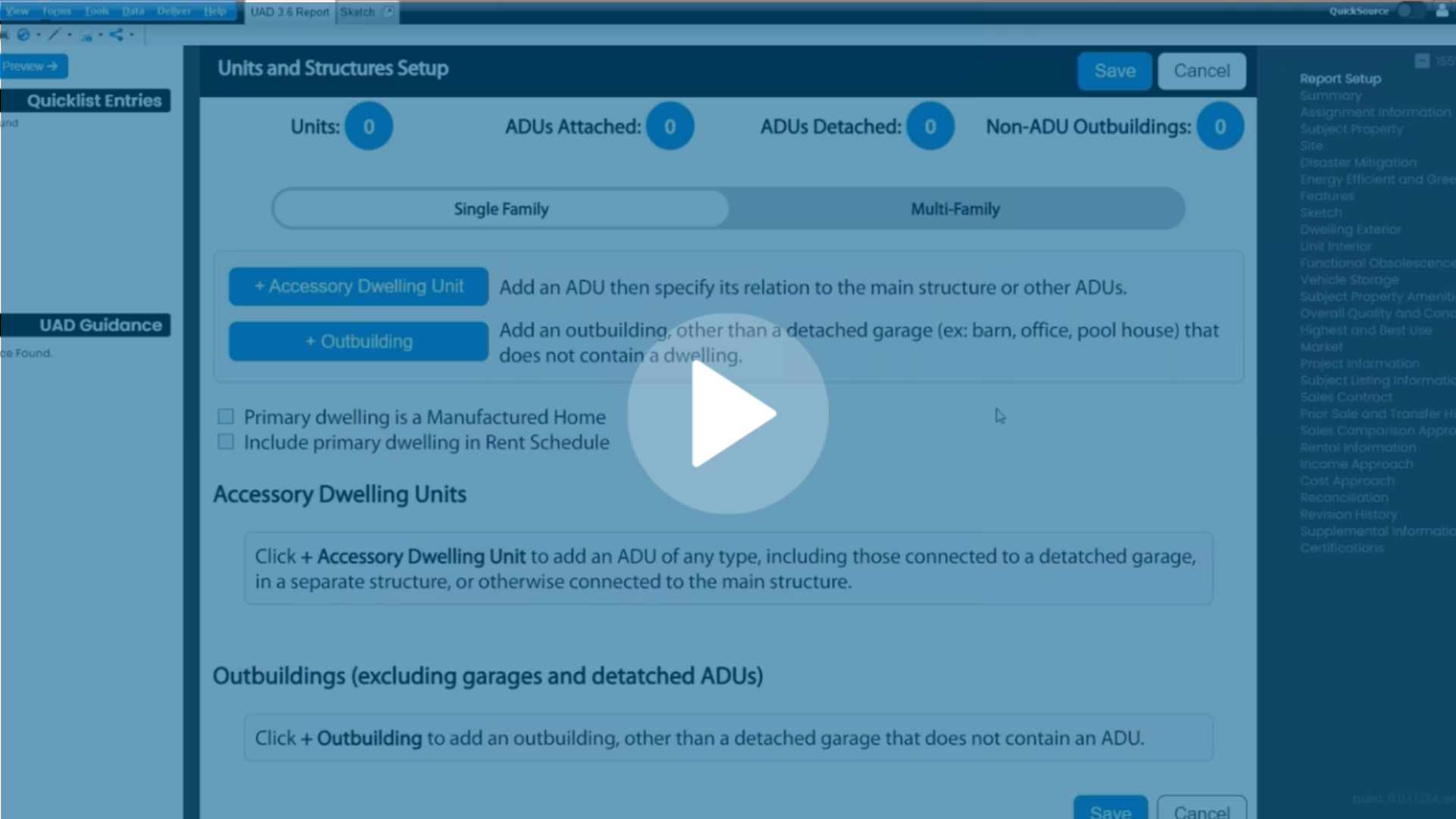
.png)
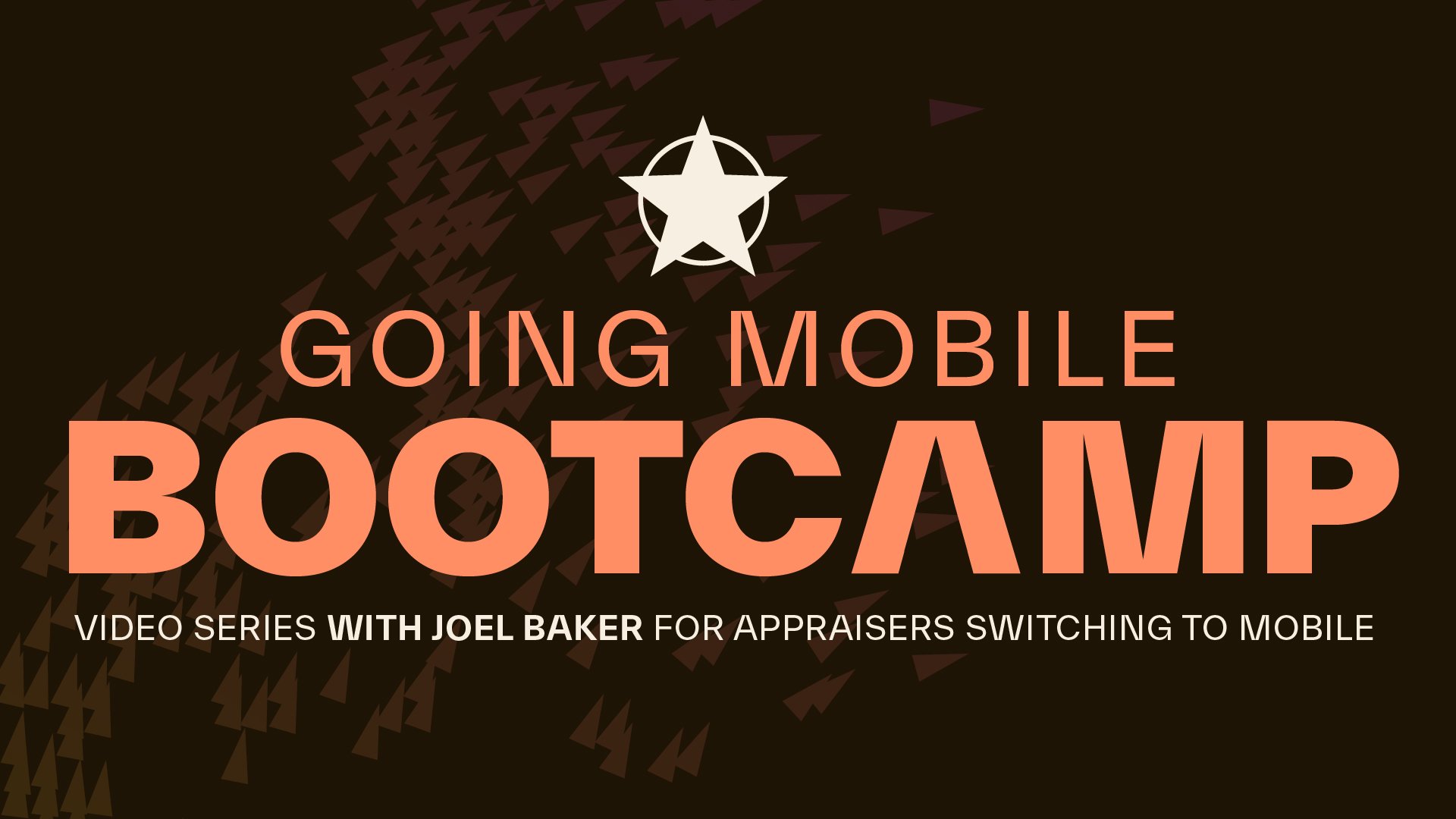
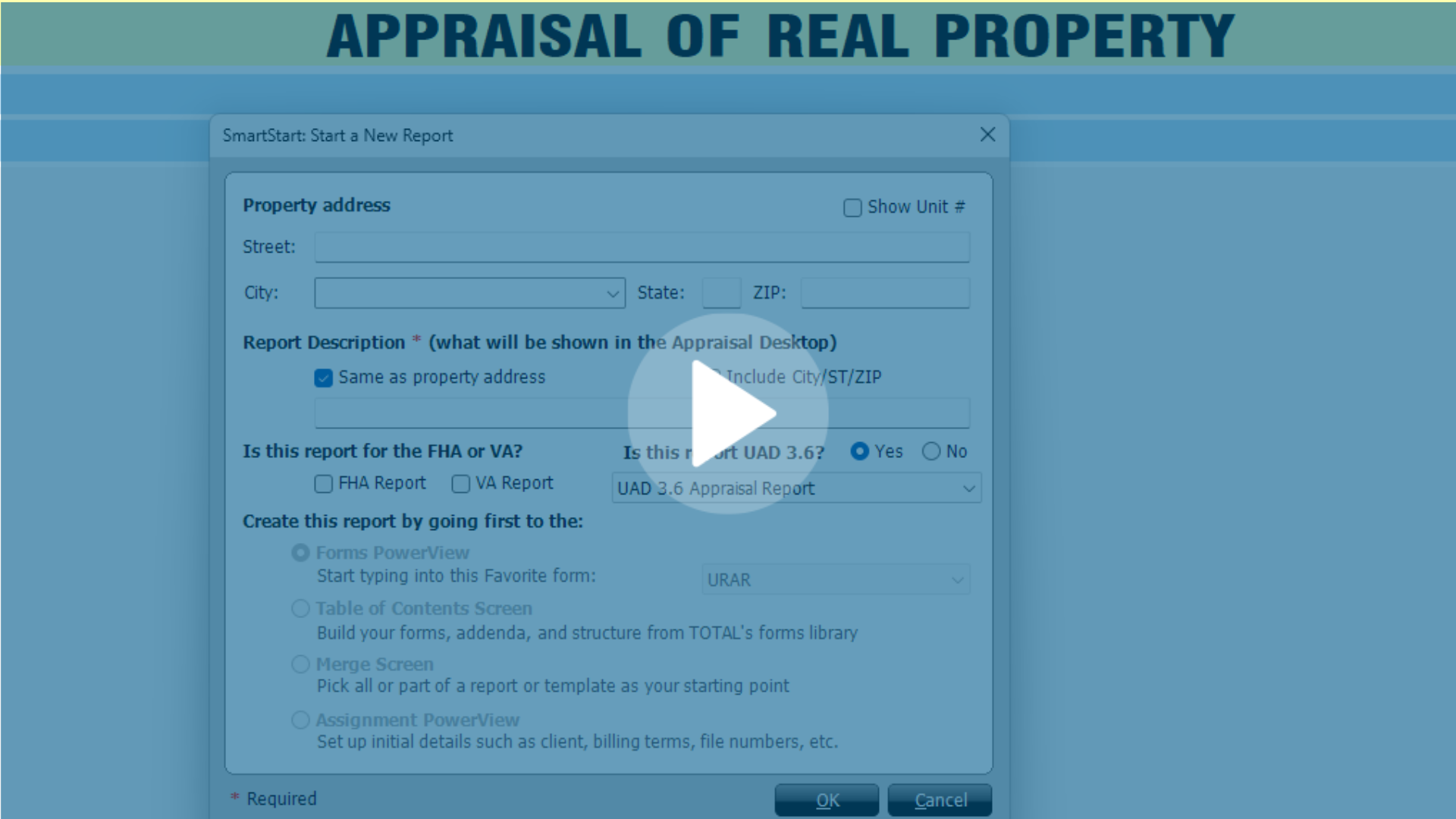
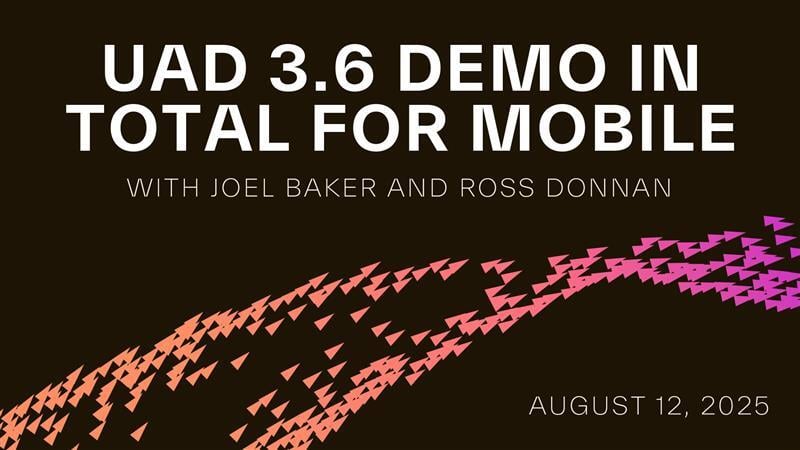

.png)
-1.png)
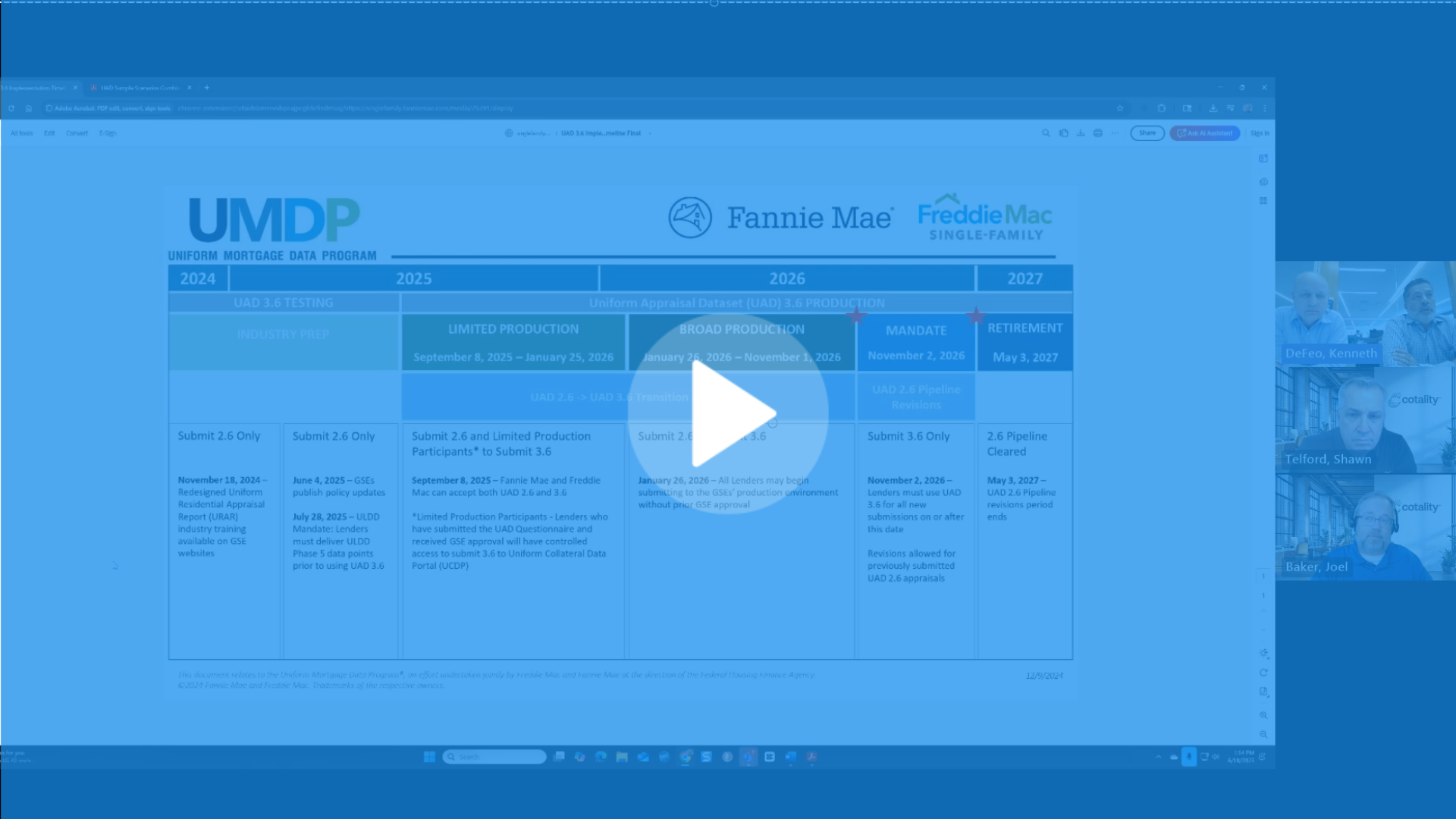
.png)
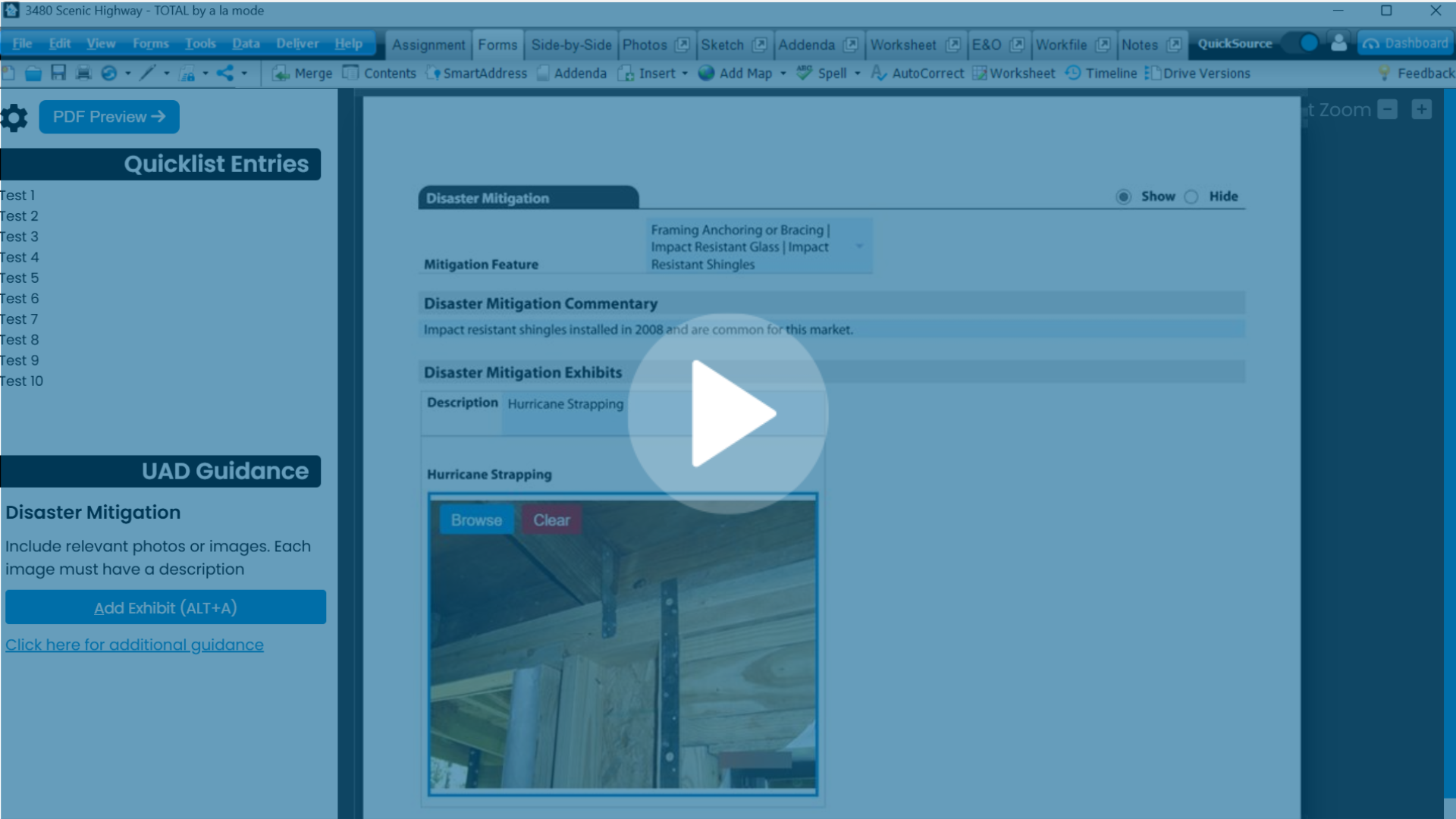
.png)
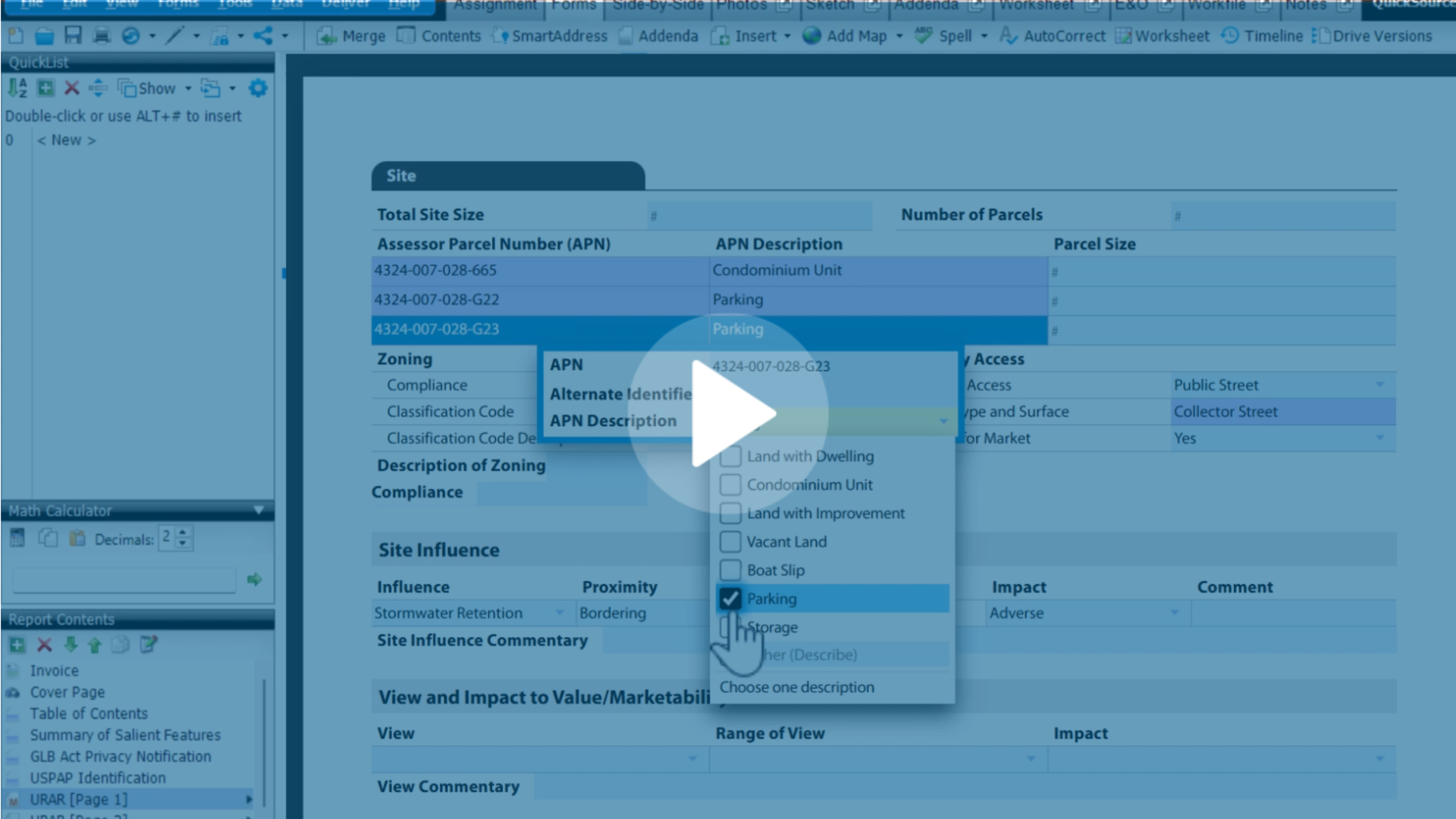
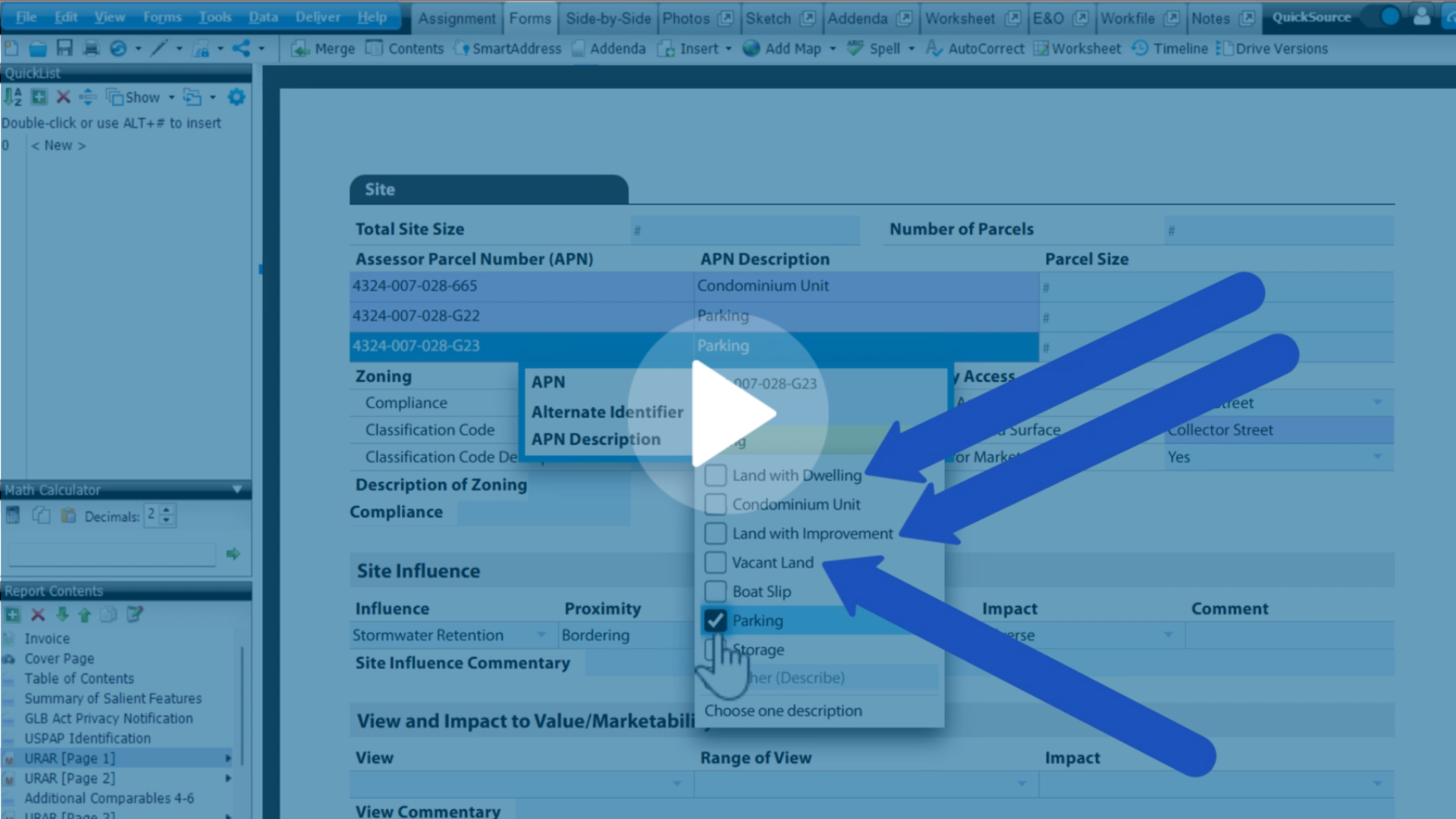
.png)
.png)
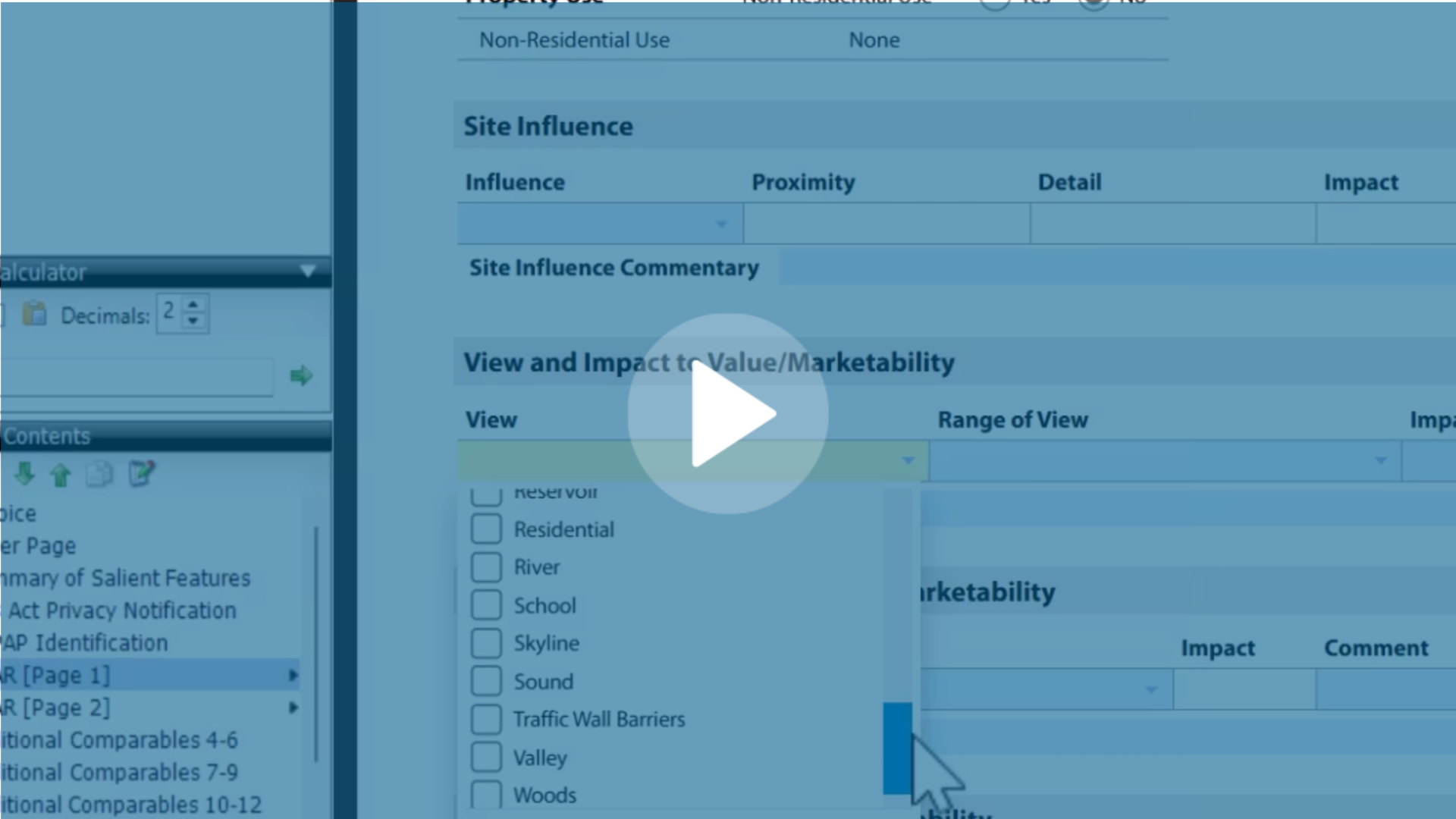
.jpg)
.png)
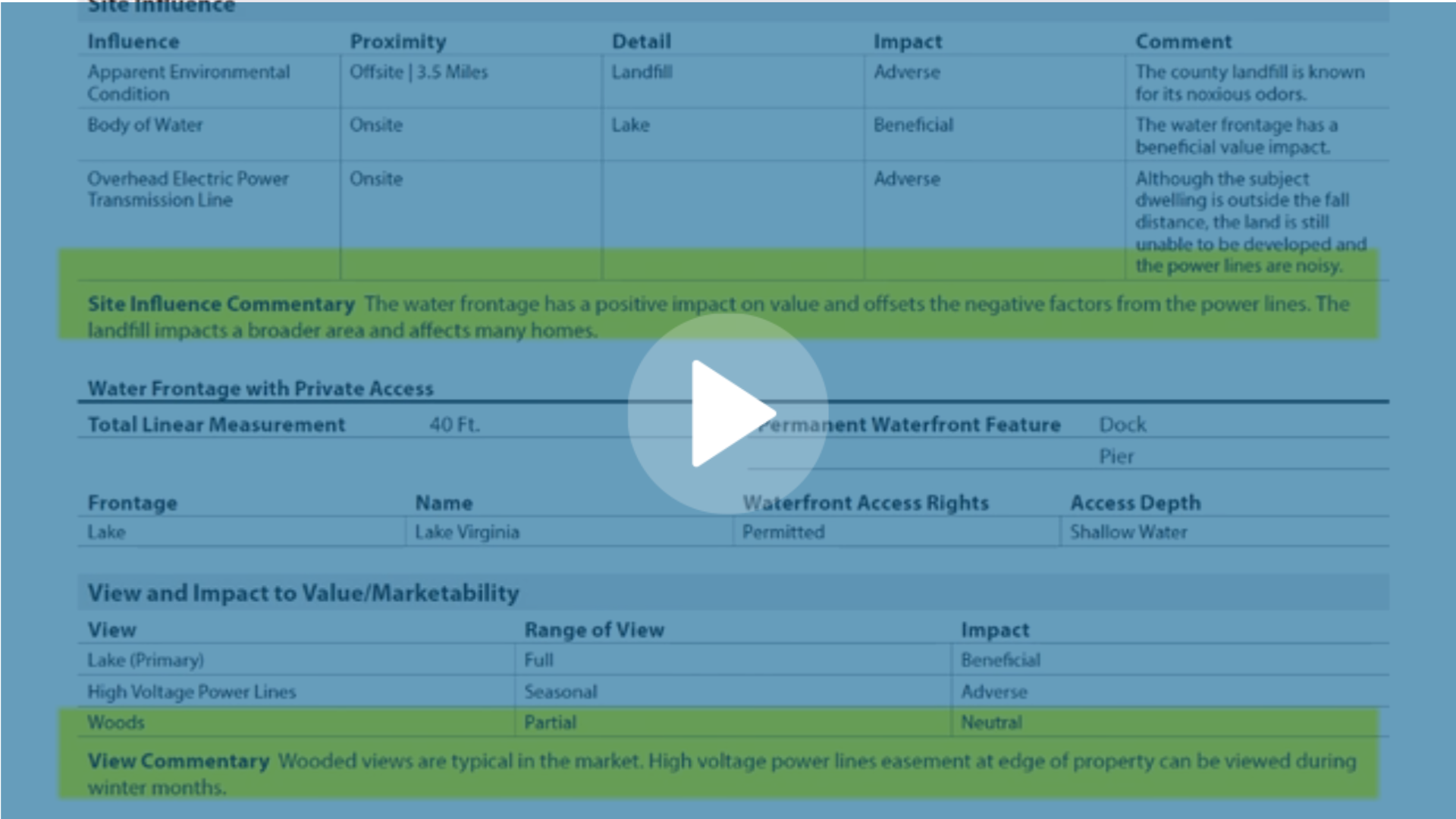
-1.png)
